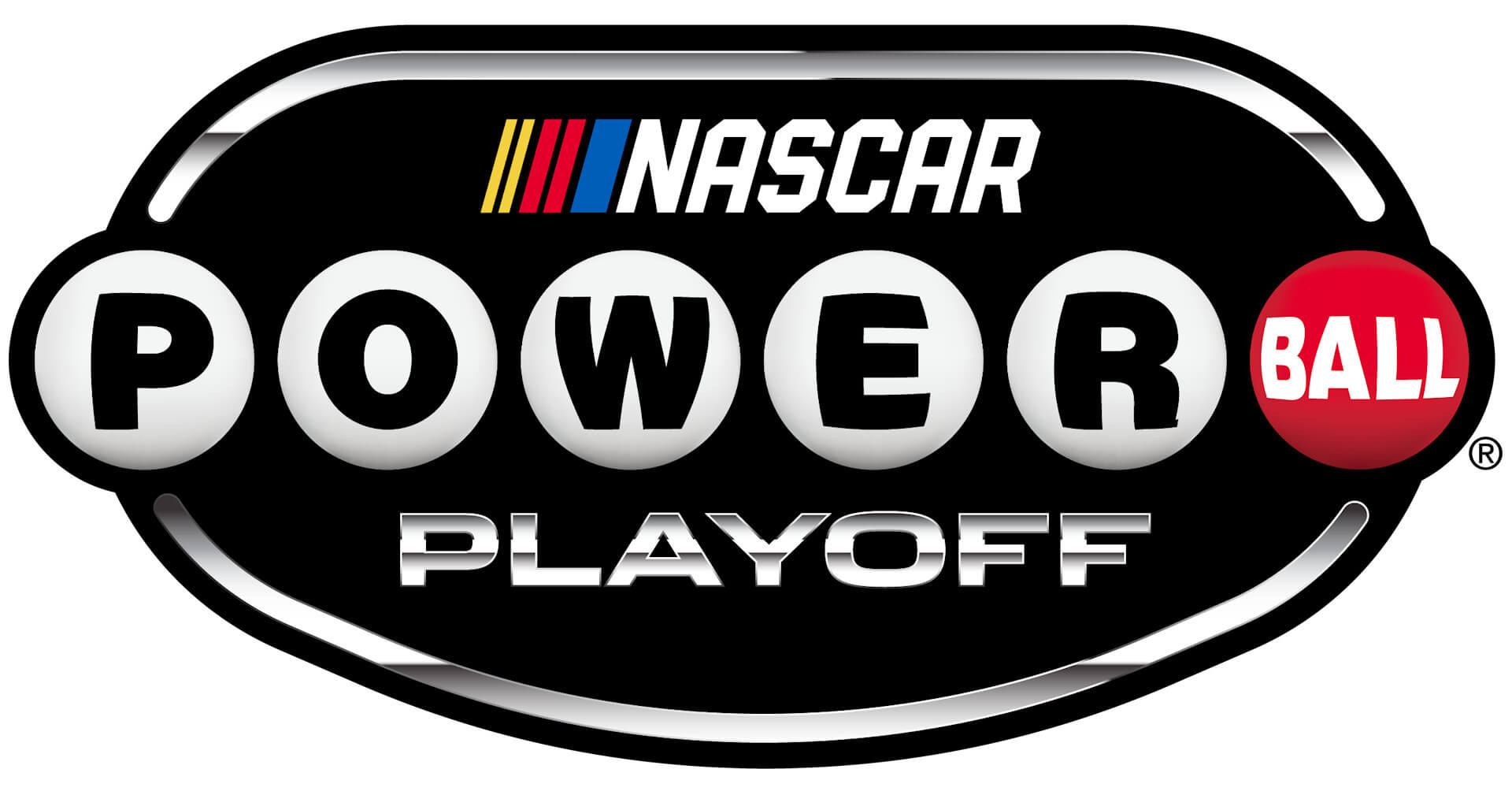 WATKINS GLEN – In his first public appearance since being diagnosed with a concussion last month, Dale Earnhardt Jr. said he hasn’t contemplated retirement from the NASCAR Sprint Cup Series competition, but says “I just want to get better.”
WATKINS GLEN – In his first public appearance since being diagnosed with a concussion last month, Dale Earnhardt Jr. said he hasn’t contemplated retirement from the NASCAR Sprint Cup Series competition, but says “I just want to get better.”
“Our intentions are to get (medically) cleared and get back to racing,” Earnhardt said Friday during a news press conference Friday afternoon at Watkins Glen (N.Y.) International. “My doctor thinks to get through the therapy and the symptoms you don’t need to be adding stress to your life because the stress will slow down the process.
“So, going into those kind of conversations aren’t even necessary at this point. The point right now is just to get healthy – just to get right. I’m not thinking about the ‘what ifs.’ “I’m listening to my doctors and went into this with the intentions of getting back in the car when we get cleared.”
Sunday’s Cheez-It 355 at the Glen will be the fourth consecutive race Earnhardt will miss while recovering from a concussion his doctors said came from an early accident on June 12 at Michigan International Speedway.
“It’s frustrating that I’ve had to miss this many races,” said Earnhardt. “When we first went into the doctor’s office, we never anticipated being out this long. But, unfortunately, it’s a slower process.
“There are no guidelines or rulebook or consistent history on how long this takes to clear up. We’re just having to be patient. My doctors feel great about the opportunity that I will not only be healthy again, but they can make my brain stronger to make it withstand a common event.
JR Motorsports driver Alex Bowman subbed for Earnhardt at New Hampshire Motor Speedway last month, while four-time NASCAR Sprint Cup Series champion Jeff Gordon has served as the interim substitute since.
 Hendrick Motorsports has already announced that the sport’s most popular driver will sit out at least through the Aug. 20 race at Bristol (Tenn.) Motor Speedway, with a possible return at Michigan a week later on Aug. 28. Earnhardt, said however, he’ll have to be completely symptom-free before his return to the cockpit.
Hendrick Motorsports has already announced that the sport’s most popular driver will sit out at least through the Aug. 20 race at Bristol (Tenn.) Motor Speedway, with a possible return at Michigan a week later on Aug. 28. Earnhardt, said however, he’ll have to be completely symptom-free before his return to the cockpit.
“The event that I had at Michigan that they tied this concussion to I should not have had a concussion from,” Earnhardt said. “I should be able to get through events like that without having any issues. They are not only working to get me healed up, but working to get it where I can compete and get through events like that without any concern.”
Brushing off immediate talks of retirement, Earnhardt said he plans to fulfill his current contract with Hendrick which expires at the end of the 2017 season.
“I have every intention of honoring my current contract,” he said. “I sat with Rick (Hendrick) before this happened a couple of months ago to talk about an extension. That is the direction that we are going. As soon as I can get healthy and get confident in how I feel and feel like I can drive a car and be great driving it then I want to drive. I want to race. I miss the competition. I miss being here. I miss the people and as Rick likes to say ‘we’ve got unfinished business.’
“I’m not ready to stop racing. I’m not ready to quit. It’s a slower process, I wish it wasn’t. I don’t know how long it’s going to take. As impatient as I am I worry about everyone else’s patients as well. But, I’m not going to go in the car until the doctors clear me. The doctors won’t let me race. This is not my decision, but it’s the right decision and I trust what my doctors are telling me. When they say I’m good to go I believe them. If they say I’m healthy and I can race I’m going to race.”
Immediately following the postponed Pennsylvania 400 at Pocono Raceway, Earnhardt said on his weekly Dirty Mo Radio podcast that his main setback is dealing with gaze stability – being able to fix on an object on a great distance and say there with head movement.
Without question, Earnhardt being sidelined has brought the sport into the headlines with an emphasis around concussions. While the 26-time Cup winner didn’t directly mention any athletes in and out of NASCAR who have reached out to him, he did say it was easier discussing his symptoms with those who have had concussions in the past.
“I’ve talked to a lot of people,” he said. “You get in this situation and a lot of people reach out and a lot of people have their own experiences that they want to share. And when you’re going through that, you definitely want to share your experience with people who have had a common experience.
“It’s so frustrating trying to explain your symptoms to somebody who’s never had a concussion. And it’s so frustrating trying to explain to somebody what just regular day-to-day life is like when you’ve got these symptoms. Nobody can see it. You can’t scan and see it. Doctors can’t see it. They really rely on the patient to be honest and upfront. So, when you can talk to someone who has been through it, it’s a great experience and it helps both of you, to be honest with you. So, there’s been a lot of that. And I really appreciate those calls and relationships I have with those guys.”
Earnhardt has been going through evaluation at the University of Pittsburg Medical Center Sports Medicine Concussion Program in Pittsburg, Pennsylvania.
Follow Chris Knight on Twitter @Knighter01.














